How to plan your trip to the German Christmas Markets
Pictures of European Christmas markets have made us daydream in boring work meetings. The fairy lights, the light snow, the food and the mulled wine mugs have all created the perfect illusion of Christmas. Whether you are religious or not, visiting Christmas markets is a magical experience that will boost your festive spirit!
In this blog post, I’m helping you plan your next Christmas adventure, I will give all the travel tips, details of what to do, what food not to miss and how to dress for the winter.
Are you ready to plan the most magical vacation ever?
First of all, what is a Christmas Market
German Christmas markets, known as "Weihnachtsmärkte" in German. The holiday markets are very popular throughout Europe and have started to get more popular in the rest of the world. They originated in Germany around the Middle Ages, think 1300s. Back in the day, the main function of the medieval market was that people could buy supplies for the winter, as well as special items for Christmas celebrations. Over time, they evolved into festive gatherings centred around the holiday season. The first market is said to be in the Ore Mountains region.
The markets are traditionally held in every town square and highlight traditional food, drinks and seasonal items in open-air stalls accompanied by music and shows. Each market has its own personality, some have arcades and kids’ rides, and some have skating rinks, to name a few activities.
Traditional German Christmas markets often feature live music, carol singing, and performances by local musicians, choirs, and theatre groups. Some markets have additional attractions, such as ice skating rinks, Ferri wheels, and nativity scenes.
Best time to visit German Christmas markets
The markets start around the last week of November, more specifically, the starting date is the Friday before Advent Sunday until Christmas Eve. Don’t expect the markets to be open after December 24th. In big cities, there are very few markets that remain open until December 30th. These markets are the very few exceptions.
When planning your trip, be sure to double-check the dates before.
The markets open throughout the day and close around 10 pm but the best time to go is in the evenings, this is when the fairy lights go on and they add a magical atmosphere.
Beware that some markets can get incredibly crowded, especially during the weekend. If you want to avoid the crowds, it will probably be best if you go on weekdays or early in the evenings. If you really don’t like crowds, it will probably be better if you find smaller markets in smaller towns.
A good time to go could be during events, live music or parades. I would suggest googling the name of the market and checking what activities they offer during your visit so you can enjoy a complete experience.
Why go?
If you love the Christmas season, this is the perfect trip for you! The Christmas markets are for adults and kids alike. While they do have many kids’ activities, a lot of the markets are tailored for adults. Only a portion of the events is dedicated to buying Christmas things, they are foremost dedicated to bringing people together and having fun. The markets are about having a good time around delicious food and drinks. Instead of going to a bar or a restaurant during the season, Germans go out to the markets and meet with friends.
Where can you find them & which one to choose?
The markets are located in every city and town, Germans go crazy about celebrating Christmas. Major cities have more than one, for example, Berlin claims over 70 markets and Munich has over 30, all with different sizes. Each city has its main market. Some major cities have also thematic markets, like the Pink Market in Munich which is an initiative from the LGBTQ community. Nuremberg is home to the largest Christmas market in the world. Dresden is home to the oldest Christmas market in the world! Rothenburg ob der Tauber is a picturesque small town along the Romantic Route and the Caster Route, that has a Christmas museum.
To get the full experience, I recommend doing more than one market as they all have a unique touch! I would also recommend visiting markets in different cities and towns. The experiences between smaller towns and big cities are completely different.
So which ones to choose? I would recommend that you do your research into which type of market you wish to visit and then choose the parts of Germany that you want. Do spend some time to search what you want to do in Germany and then include the markets in your itinerary. Germany is a country that is very rich in history, so think about the markets as your bonus activity for the night. Or you can search for what appeals to you personally in these markets: is it food, scenery or history? Then, plan your trip around that. You will probably find the best fit for you with the vast array of choices!
Frankfurt is a great city to visit and it can be a good starting point for your German itinerary since it has the biggest airport in the country. The city Christmas Market in the old town in front of the town hall is one of the largest and most popular Christmas markets in all of Germany.
Food at German Christmas markets
Be sure to go to the market thirsty and hungry! Each town and region have their own food specialties so be sure to taste them all! If you are exploring different regions in Germany during your trip, this is the best way to try all the local cuisine. There are multiple wooden stalls around the markets that prepare Christmas market food so spot which kiosks you want to eat during your first round. Each bite coast around 3 euros.
You will find anything from an immense variety of sausages, Kartoffelpuffer/Reibekuchen (or potato pancakes) served hot with a choice of garlic sauce or apple sauce. Fried potatoes and pretzels are also popular dishes. The currywurst, which is basically sausage sliced up and tossed around in a sweet curry ketchup is popular in Berlin.
Many Christmas markets partner with other countries and bring specialties from around the world. This is why you will find specialties from Switzerland or Hungarian like the Lángos. This fried dough is topped with sour cream and cheese. You can also add some other toppings some as vegetables or meat. Other culinary local staples are the knoblauchbrot, garlic bread with sour cream.
For dessert, Stollen, a traditional German Christmas Cake, which dates back to 1329. The dense cake is filled with nuts or fruit and dusted in powdered sugar. This is a popular threat from Dresden. Lebkuchen a German traditional gingerbread from Nuremberg are to die for. Schneballen dough balls, and Gebrannte Mandeln (Roasted Almonds) are a must-try as well. Fruchtspieße are for the fruit and chocolate lovers and they are Chocolate Covered Fruit. Candied apples (paradiesäpfel) are also very popular.
Glühwein (mulled wine) is the primary beverage of the markets. It's red wine heated with spices like cinnamon and cloves along with lemon and sugar. The Feuerzangenbowle is another popular drink where they add sugar caramelized by burning rum. If alcohol or mulled wine is not your thing, you will find hot fruit punches, hot chocolate and hot cider.
Most hot drinks are poured into ceramic mugs, and you can either keep the mug or bring it back and get reimbursed a small fee (normally from .50 euros to 2 euros). However, I will highly recommend keeping the mugs and collecting them! Each market creates new designs each year and they make a great souvenir!
The Nuremberg Christmas Market has many specialties to try. You can read about all the fabulous food to eat at the Christmas market on my other blog post.
Psst: The cookies are great presents to bring back home!
What to buy at German Christmas markets
The majority of the kiosks sell carved wooden Christmas decorations and ornaments for your Christmas tree. These are the perfect souvenirs and Christmas gifts to bring back to your family and friends. Most of the items are made in the country and each town has its own handicrafts too. Therefore, if you see a Christmas ornament that you like, buy it right away as you might not be able to find it in the next city.
The Christmas Pyramid (Weihnachtspyramide) are unique item that tiered candle carousals turn by the power of the heat of small candles. They come in different sizes and are beautiful.
Each town has its own handicrafts, too. The prune people are a specialty of Nuremberg and can be found throughout Bavaria.
The ubiquitous nutcracker dolls are originally from Germany, specifically from the Erzgebirge region around the late 17th century. German folklore says that the dolls bring luck and goodwill and represent power and strength, they should guard your family against danger.
Another popular souvenir to buy is the star-shaped lantern. They come in different colours and styles to choose from. The 26-point Moravian star (sometimes called a Herrnhut star), is the most popular one you can buy plastic or paper stars. Don’t worry, they come flatten which is perfect to bring home without worrying to break them in your luggage.
If you love candles, then this is the perfect place for you. The candles come in different sizes and shapes. Don’t forget to bring candle holders, some are beautifully hand-painted.
For the little ones, there are different toys like wooden figurines, puzzles, and more.
What to wear?
If you’re used to extremely cold winters, like the ones in Canada, the temperatures will seem reasonable to you. However, do expect to be out for at least two hours so be sure to dress warmly!
I will suggest dressing in layers, having a good jacket, gloves, scarves, tuques and mittens! I live in Montreal (Canada) and I found that outfits tailored for Canadian fall were ok, I was warm enough for the occasion.
Have comfortable shoes! Most markets are standing room only. There are very few chairs or benches for you to rest. If you have mobility issues maybe think about visiting for a short period of time.
Getting around Germany
Germany has a great transportation system whether you decide to use trains and public transport or rent a car. If you decide to travel by train, German Rail Pass, there are many multi-day passes that can work for you.
If driving on the autobahn is one of your dreams, then this is your chance to drive around the famous highways without speed limits.
Other useful tips
Bring Cash! Most of the stands are cash only so be sure to go to the bank before!
Bring your camera! The markets are very photogenic and you will have to take a picture at every stand. Be sure to have enough space on your phone or in your camera.
Booking flights and asking for time off from work
I would suggest hunting for deals as early as September. We all know that travelling during Christmas can be very expensive. Try to be as creative as possible while researching for your trip. For example, we decided to land in Belgium, rent a car there and drive to Germany as it was cheaper than to land in Germany. Plus, we got the chance to visit another country! Another great option will be to do a weekend getaway or a day trip to the markets if you are incorporating this activity into a bigger European trip.
A lot of your coworkers will want to request time off during the holiday season too so be sure to ask for your time off in advance! Also, if well planned, you won’t have to ask for any or very little time off. A lot of the offices close between Christmas and New Year’s Eve so if you are lucky, some years’ Christmas day falls on a Monday so you have 10 days off without using your vacation days!
For other smart planning vacation tips if you work full time, check out my Plan from the Office section!
So wich Christmas market will you be adding to your bucket list?
Do you like the content? Why not help me by buying me a virtual cup of tea?
PIN IT FOR LATER!

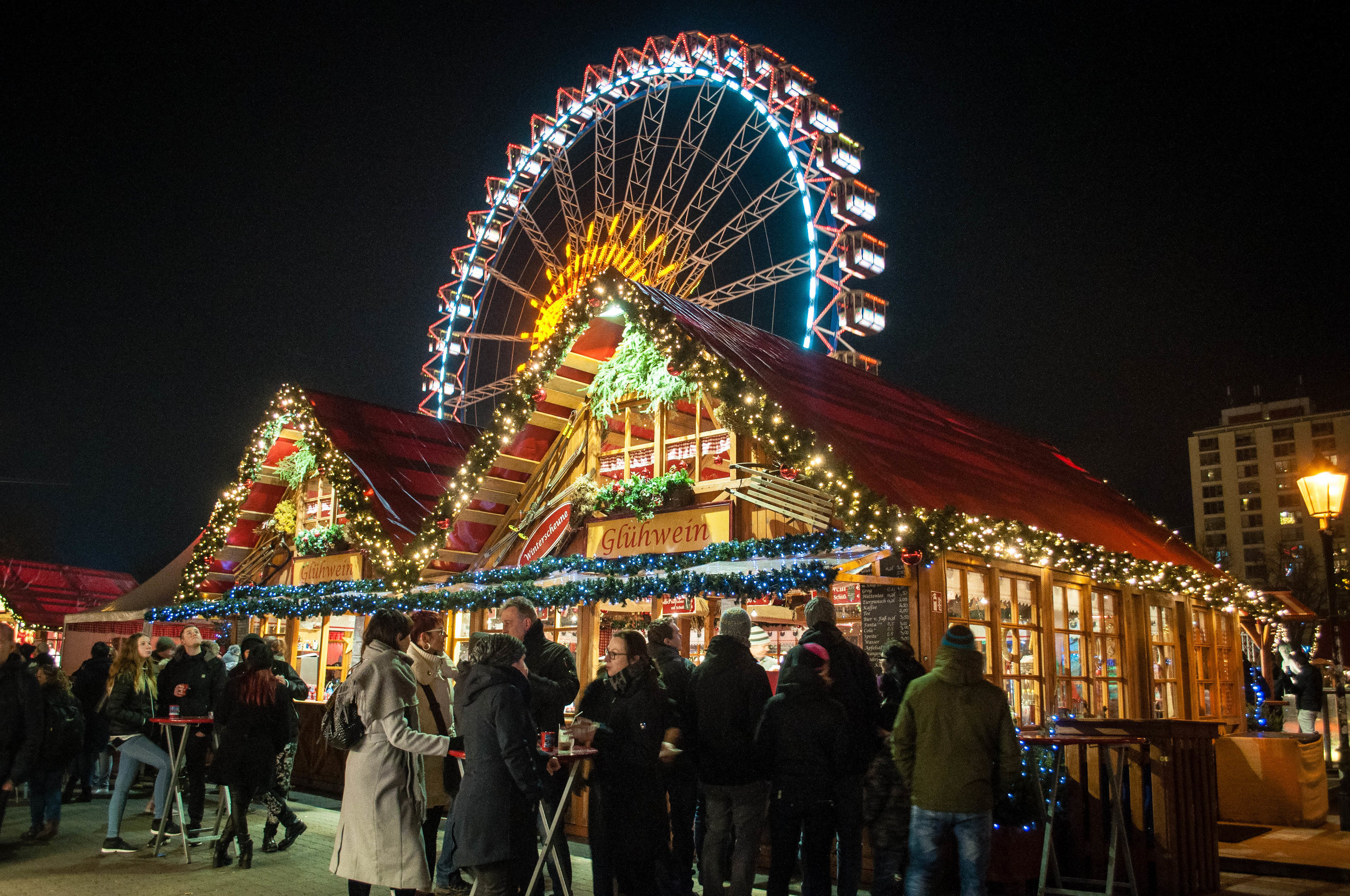



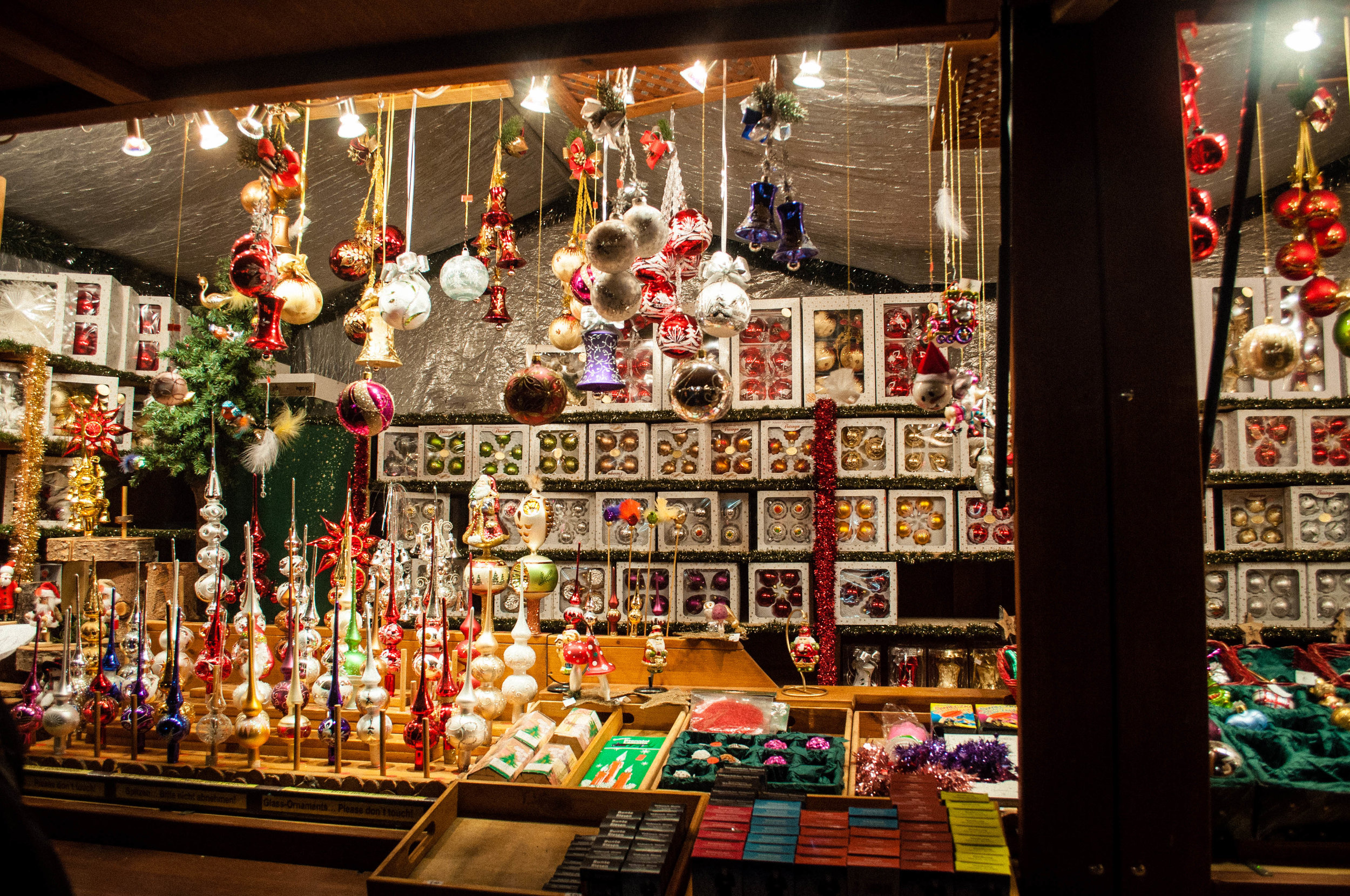
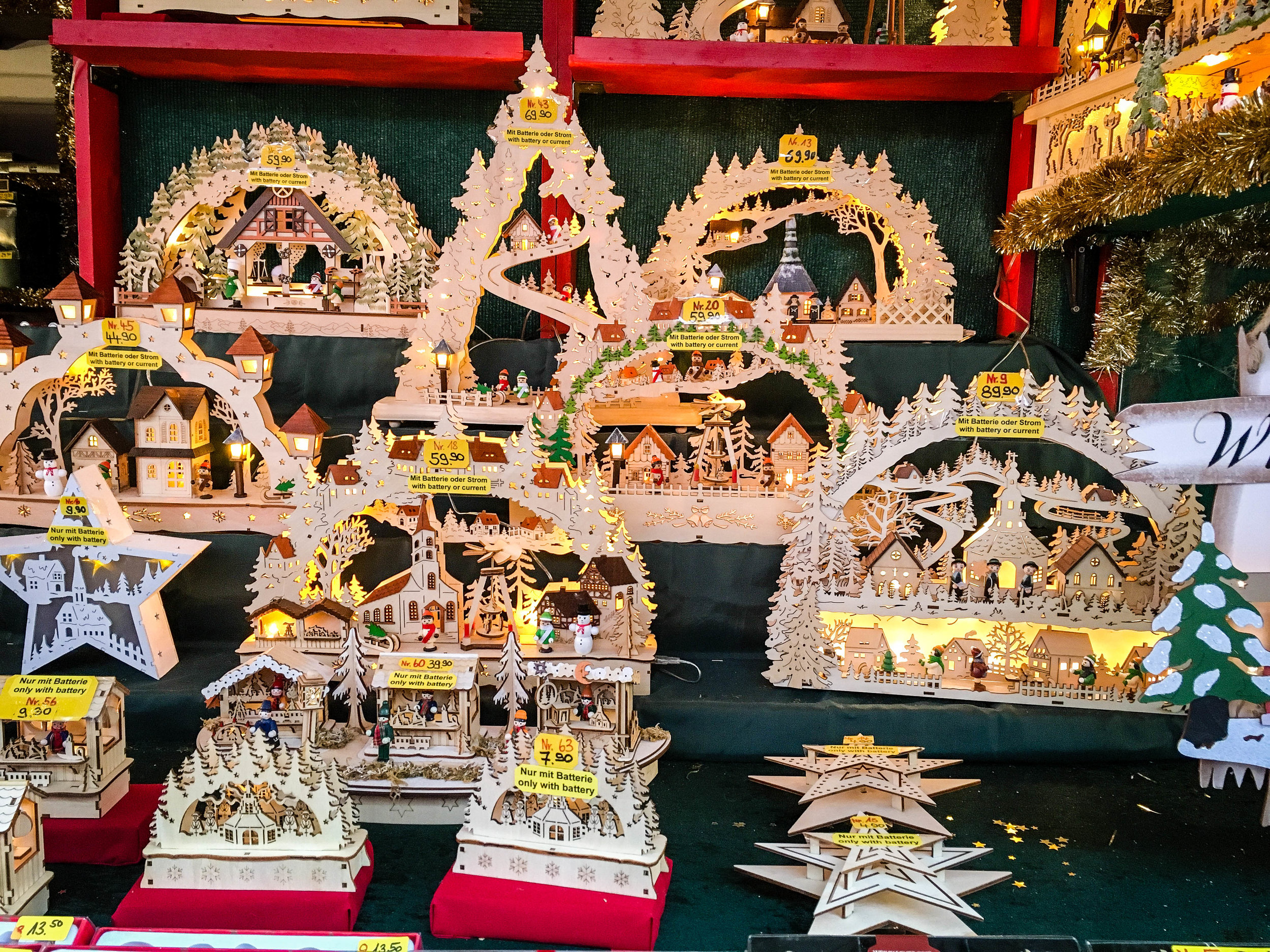
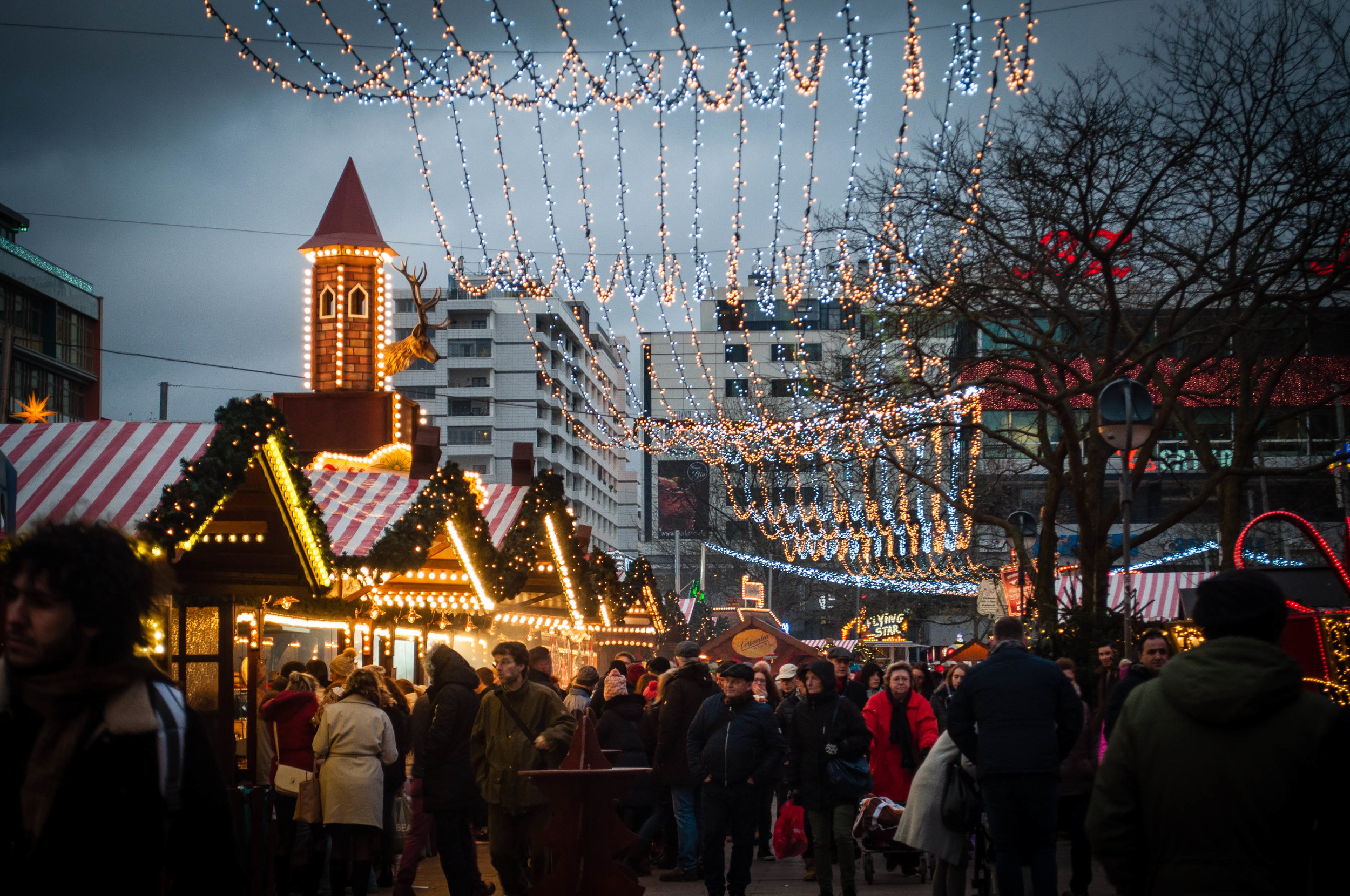
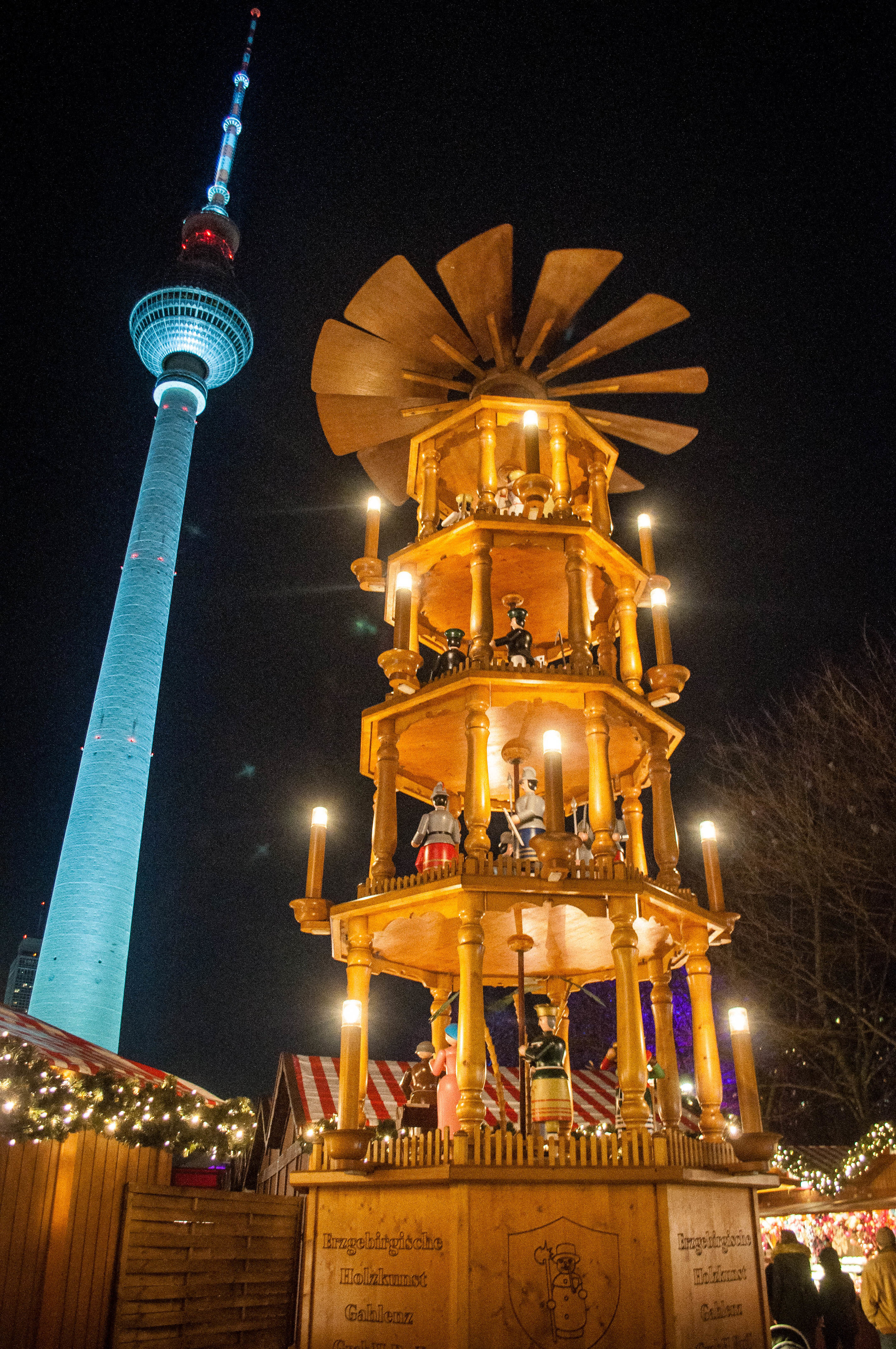


![Best European cities to visit in March [+30 ideas]](https://images.squarespace-cdn.com/content/v1/58ae4fa346c3c4b688b9ac9f/1676418626875-LE8N0ADXJ33Q8CGEUPBS/Things_to_do_in_Lake_Como_Comer_See_Reisetipps+Image+2021-06-09+at+16.55.16+%281%29.jpeg)

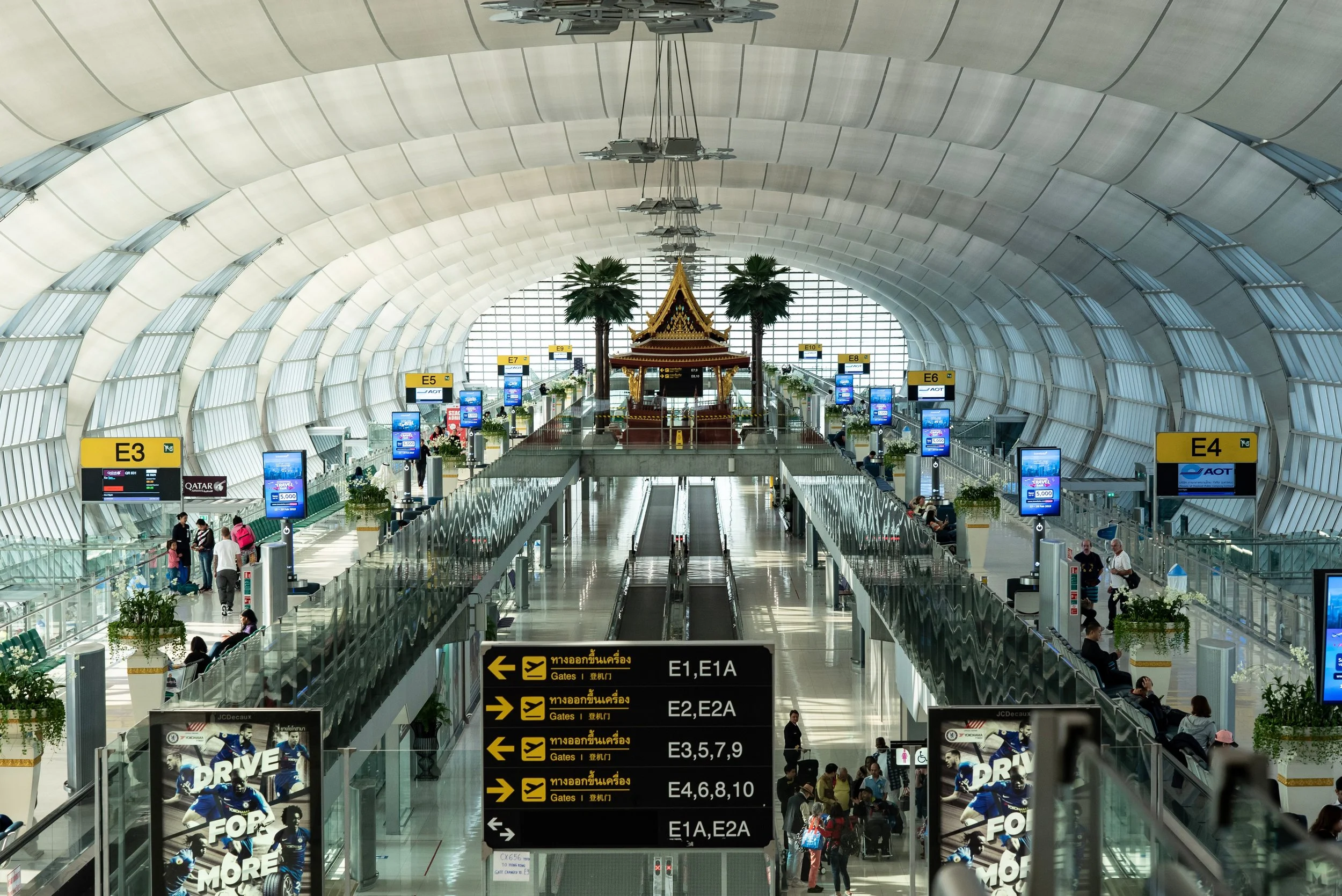



June is a great time to take vacations, the summer crowds are not yet in full swing and in the southern hemisphere, you can enjoy the start of winter. June is also a month of festivals for a lot of cities which can be great to see the local culture.
I’ve compiled several suggestions for the best places to travel in June, although there is no such thing as a bad choice. You’ll find great choices in this article on every continent! So, if you have available PTO continue reading to get your wanderlust at its peak!